As the great writer James Baldwin once noted, “Black people ignored the theatre because the theatre had always ignored them.” With its all-Black cast (bar one minor actor) and stark portrayal of racism in Civil Rights-era America, producers fretted that Lorraine Hansberry’s 1959 play A Raisin in the Sun would not chime with Broadway’s overwhelmingly White audiences. It tells the story of a Black family’s struggles with identity, discriminationWhen people are treated unfairly due to characteristics such as gender, race and age. and broken dreams in ChicagoOne of the biggest cities in the USA. ’s still-segregatedA racist policy separating White and Black people. It was used in the southern United States from 1877 to 1968. South Side as they decide what to do with a sudden financial windfall from the death of the family patriarchMale authority figure.. It took 18 months for the play’s producer to raise enough money for the play’s debut, and the investment was seen as highly risky — who, they said, would want to watch a play entirely about Black people? Many underestimated the power and resonance of Hansberry’s captivating work, as well as its deep relevance to contemporary issues. But when the curtain rose on opening night in 1959, Raisin in the Sun became the first ever play written by a Black woman to be produced on Broadway, and the first with a Black director too. Hansberry received a standing ovation and resounding subsequent success, with critics saying that her work “changed American theatre forever".
A Raisin in the Sun

Glossary
Discrimination - When people are treated unfairly due to characteristics such as gender, race and age.
Chicago - One of the biggest cities in the USA.
Segregated - A racist policy separating White and Black people. It was used in the southern United States from 1877 to 1968.
Patriarch - Male authority figure.
Great Migration - The movement of roughly six million Black people from America's south to the north, midwest and west between the 1910s and the 1970s. It was one of the largest movements of people in the history of the United States.
Classism - Discrimination or prejudice based on someone's social class.
Great Depression - A severe worldwide economic depression that started in the US in 1929. When Roosevelt was elected, the US unemployment rate stood at over 20%.
Misogyny - Hatred of or discrimination against women. The term comes from the Ancient Greek "miso", meaning "hate", and "gyne", "woman".
Feminism - Calling for women's rights with the aim of achieving gender equality.
Machismo - Strong or aggressive masculinity. An exaggerated version of masculinity.
Authentic - True or realistic.
Marginalisation - Treating members of a group as if they are not worthy, and socially excluding them.
Assimilation - When individuals or groups acquire the habits, attitudes and ways of life of a new society. Often used in the context of immigration.
Pompous - Self-important and overly serious.
